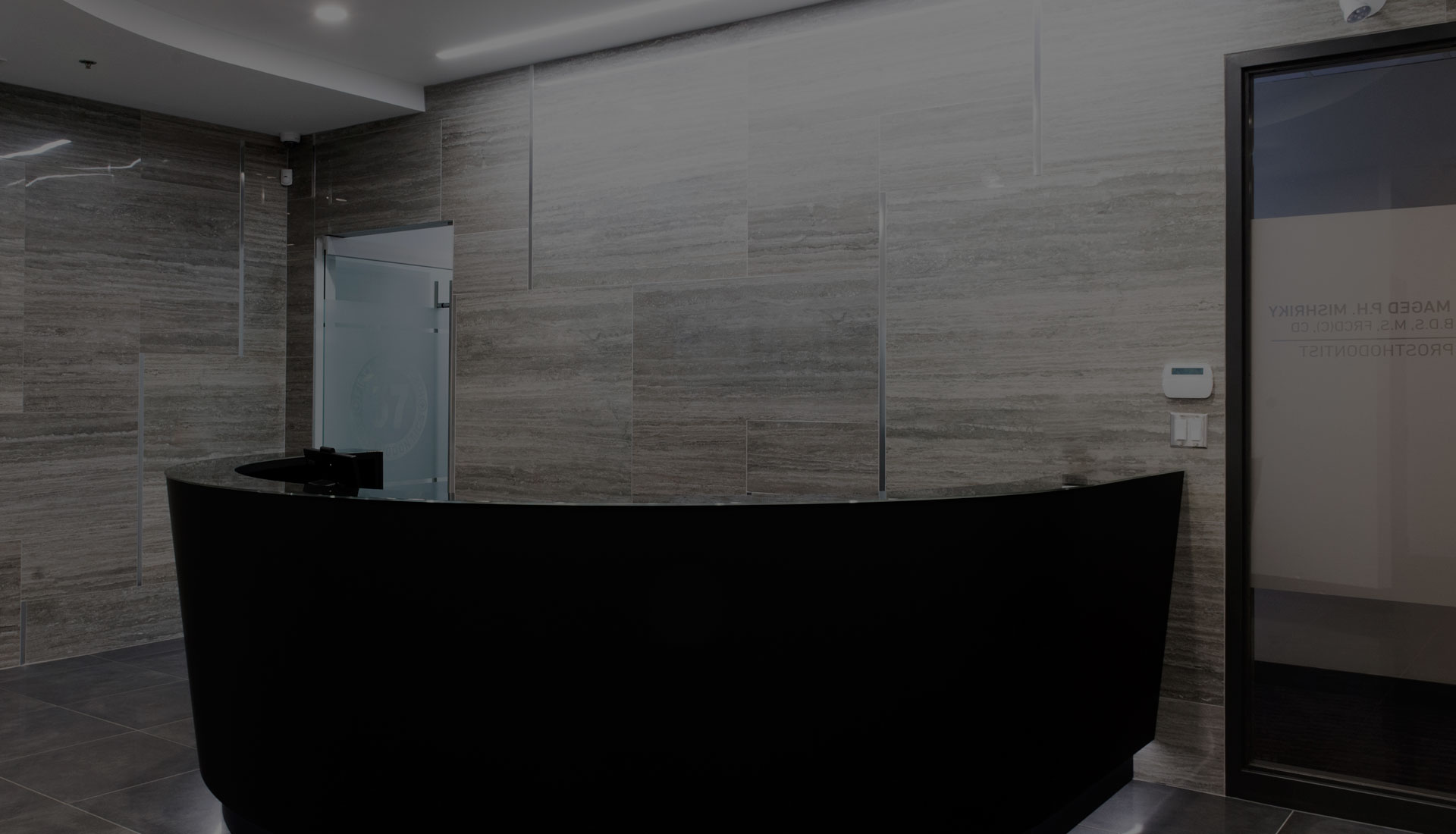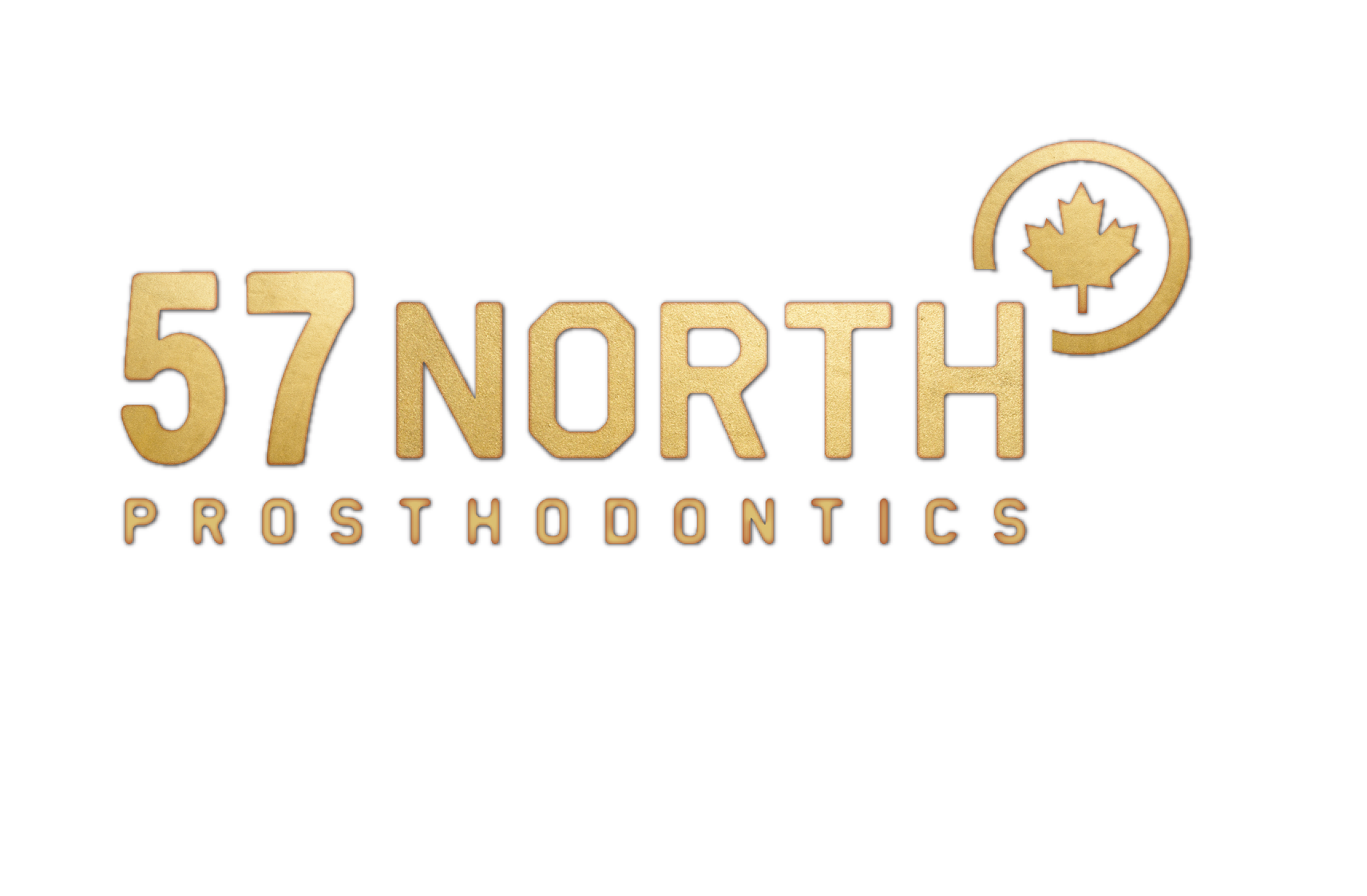
FREQUENTLY ASKED QUESTIONS
A lot of people ask us a lot of questions and we have included some of the most common ones here for you to review. See if you can find an answer to your question below and please be sure to call the office for anything else you might be needing.
We're always here to help.
FAQ
Prosthodontists are dentists who are certified specialists in cosmetic, restorative and reconstructive dentistry. These experts have particular skills with missing or deficient teeth, as well as head and neck tissue problems, and creating custom-made prostheses.
They diagnose problems, plan treatment, and then rehabilitate and help maintain your smile. Tooth wear and decay, accidents and other oral health problems can mean your smile isn͛'t as attractive – or healthy – as it could be, and a prosthodontist can assist you in evaluating the best options available.
Although some other dentists can generally do work in these areas, Prosthodontists have three years of additional specialized training and are dedicated to this type of care.
Consulting with a Prosthodontist is usually the wisest choice.
Every individual has unique oral health circumstances, so determining appropriate treatment depends very much on a patient's particular situation.
Factors such as the patient's current oral and overall health, existing prosthodontics devices and condition of remaining natural teeth will all factor into the diagnosis and treatment plan.
Other factors, such as permanence of devices, complexity of procedures, and cost of treatment may also play a part in a patient's consideration of different treatments for the same problem.
As part of your consultation, your Prosthodontist will work with you to determine an optimal treatment plan.
Because every patient's treatment is unique to them, costs vary.
Implant prosthodontics tend to be more expensive than removable prosthodontics, but the cost difference may not be great.
Post treatment costs (for maintenance, further work needed) may be part of the overall calculation as well.
When you consult with your Prosthodontist, they will provide specific cost information.
Check your dental insurance coverage for procedure claim limits.
Generally, Cosmetic Prosthodontics is about making the patient's smile look better, for example by using veneers to produce a uniform smile.
Restoration Prosthodontics involves bringing back the function of a tooth by replacing missing or damaged tooth structure.
Replacement Prosthodontics encompasses replacement of missing teeth and mouth or jaw structures by artificial devices.
The three areas often overlap.

